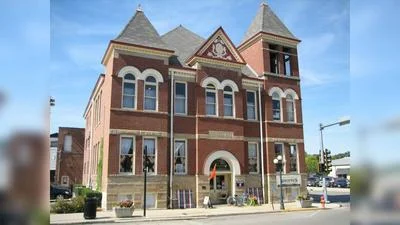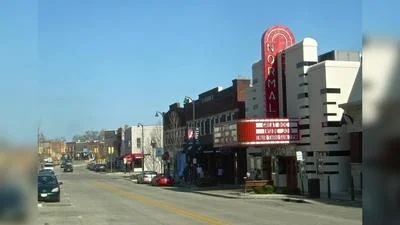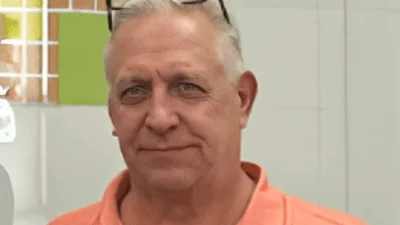Sen. Sue Rezin (R-Morris) was on hand at the White House for the official signing of the federal infrastructure bill. | twitter.com/SenatorRezin
Sen. Sue Rezin (R-Morris) was on hand at the White House for the official signing of the federal infrastructure bill. | twitter.com/SenatorRezin
Veteran state Sen. Sue Rezin (R-Morris) was among the throng of lawmakers recently traveling to White House for the signing of the Biden administration’s trillion dollar infrastructure deal.
“Had the opportunity to represent @NCSL.org for the official signing of the bill,” Rezin posted on Twitter. “Our state is expected to get at least $17 billion for projects.”
What that the state is hoping to have to show for its latest windfall remains somewhat of a mystery. While at least $11 billion of those funds have been earmarked for highway projects, bridge replacement and repairs, Illinois Department of Transportation director of planning Holly Bieneman told AdvantageNews.com other projects will be meted out by prioritization a data-driven decision process to prioritize capacity changing projects.
"We're definitely focused on fixing what we currently have and that has been our priority for many years," she added. "Over two thirds of the funding that comes to Illinois for transportation for roads and bridges goes towards fixing what we have and that will continue."
Bieneman said that translates to mean projects that add lanes, new interchanges and new roads.
"That is something that was legislated over the summer and was signed by Gov. Pritzker and put into law,” she added. “So that is one way that we will be looking at prioritizing projects. Another is our existing transportation asset management, which uses the condition of pavement and bridges to prioritize projects."
Through it all, President Joe Biden has continued to link the bill he insists will rebuild the economy from the bottom up and from the middle out to his much larger Build Back Better agenda, which is centered on an array of new social programs.
Gov. J.B. Pritzker was also in attendance for the signing ceremony, but did not speak at the event. While the infrastructure package that’s now law did have bipartisan support, U.S. Rep. Darin LaHood (R-Peoria) was among those staunchly standing in opposition. LaHood said he understands the need for spending on infrastructure, but quickly added that the government needs to live within its means.
“It is not paid for,” the veteran lawmaker told WMAY. “About half of it is paid for by leftover COVID money, but a quarter of it is going to be paid for by taxpayers going into debt over the next eight years, and frankly that’s not what was promised when the bill was originally introduced.”
Overall, LaHood estimates that Build Back Better will add about $1.5 trillion to the deficit.






 Alerts Sign-up
Alerts Sign-up